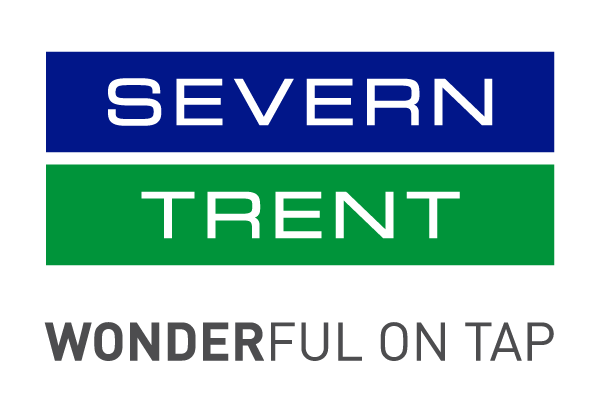News
It's time to get sewer savvy
29 June 2016
When homes and businesses flood, it can be incredibly traumatic for everyone involved. Which is why we’ve launched a campaign to encourage our customers to watch what they flush, and help them understand how they could be unknowingly causing sewer flooding in their local area.
With tens of thousands of sewer blockages so far this year across the Midlands, with the majority of blockages being caused by items such as wet wipes, sanitary products, fats, oils and greases being flushed or poured into kitchen sinks, we hope our ‘Sewer Savvy’ campaign will help raise awareness to reduce blockages and sewer flooding.
Paul Louth, waste water manager for Severn Trent, explains: “Sewer blockages are often caused by people putting things down their toilets and sinks. Once flushed, items get stuck in the sewer pipes and cause sewage to back up and flood into homes and gardens.
"Anyone who has had sewer flooding will know how devastating it can be, so we hope that the campaign will educate our customers on the ‘does and don’t’ of what to put down the sinks and toilets to prevent sewer flooding happening in the first place.
“Sewers are only designed to cope with toilet paper and human waste. So some of the things people flush down the toilet, like sanitary products, wipes or nappies, can easily snag on the inside of a pipe and block it. And, because some of the sewer pipes are only a few inches wide, any fats or oils you pour down your sink can build up on the inside of it, clogging it up – even if you rinse it off with boiling water. But all this can easily be avoided, by people disposing of items in the bin, and not the toilet or sink.”
Here are some top tips to follow to avoid blocking the sewers. The following should be disposed of in the bin rather than flushing down the toilet or pouring down the sink:
- Sanitary products and incontinence pads
- Tissues, kitchen roll, cleansing wipes, baby wipes and facial wipe
- Fats, oils, and greases – including butter, ghee, or frying oils (once cooled)
- Cotton buds and cotton wool
- Nappies
- Bandages and plasters
- Dental floss
To help keep fat, oil and grease out of the drains and sewers, Severn Trent customers can order a fat trap online at here. Left over fat, oil and grease from cooking can also be poured into a recycled yogurt pot, pasta jar or other tin, cooled and then placed in the bin.
